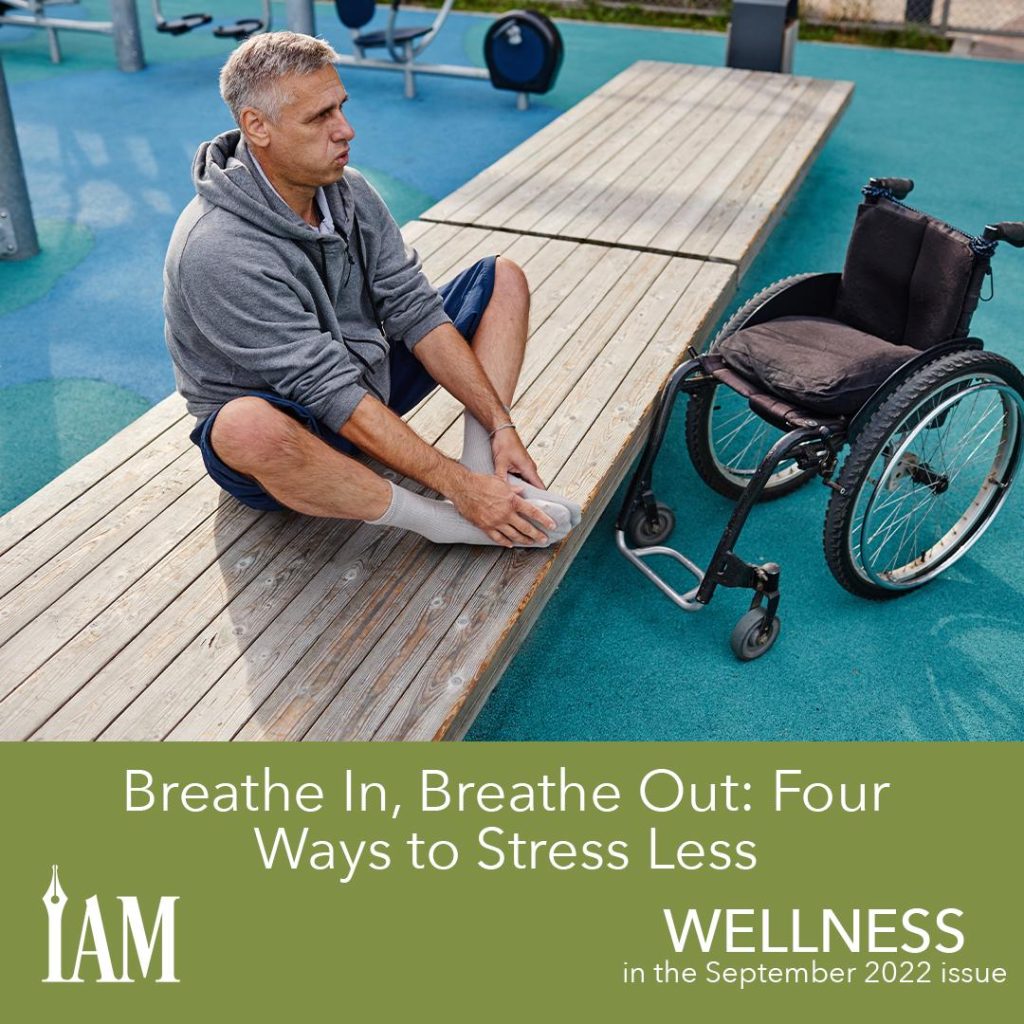Angela Archer
According to Zippia (https://zippia.com), a job recruiting site, 83 percent of US workers experience work-related stress. But what is stress, and what’s the difference between normal stress, burnout, and depression?
Stress is about feeling overwhelmed, as though you have too much on your plate, and according to Psych Central (https://psychcentral.com), it can lead to burnout. Burnout, a feeling of emotional, physical, and mental exhaustion, only tends to affect one aspect of your life, namely work. Depression, although similar, is more pervasive and affects every aspect of your life.
Burnout can lead to depression but not the other way around, according to Psych Central. Still, both can have lasting effects on one’s mental health if left untreated, so if you’re experiencing symptoms of either, reach out and talk to a trusted friend or family member.
If you’ve been feeling a bit stressed recently, it’s better to nip it in the bud. Here are a few ways to help you survive.
Try meditation. The Calm App (https://calm.com) is a helpful resource for mindfulness and relaxation techniques. Whether you’re struggling with sleep or trying to stay focused, it has plenty of guidance to help you feel in control again.
Journal about what’s on your mind. Sometimes, just a plain old brain dump of everything that’s on your mind can help you feel more relaxed and in control—like unbuttoning your pants after a big Thanksgiving meal. The stress comes from trying to control things that we can’t control. Write a list of everything on your mind, cross out the things you can’t control, and focus on the ones you can.
Take a break. Give yourself permission to have time off, whether it’s the whole day or just an hour or two. It might seem counterintuitive when your to-do list could be a novella, but giving your brain a little space can boost your creativity.
Use Neuro Linguistic Programming (NLP). This little-known technique is especially helpful if the root of your stress is a problem you’ve been struggling to solve. Pick any book, fiction or nonfiction, and before you start reading, tell yourself this: “I will find the answer to my problem in this book.” Then, start reading, and let your brain work its magic in the background.
Whether you use these techniques or try your own, find an effective way to minimize stress. Your future self will thank you!
Angela Archer

